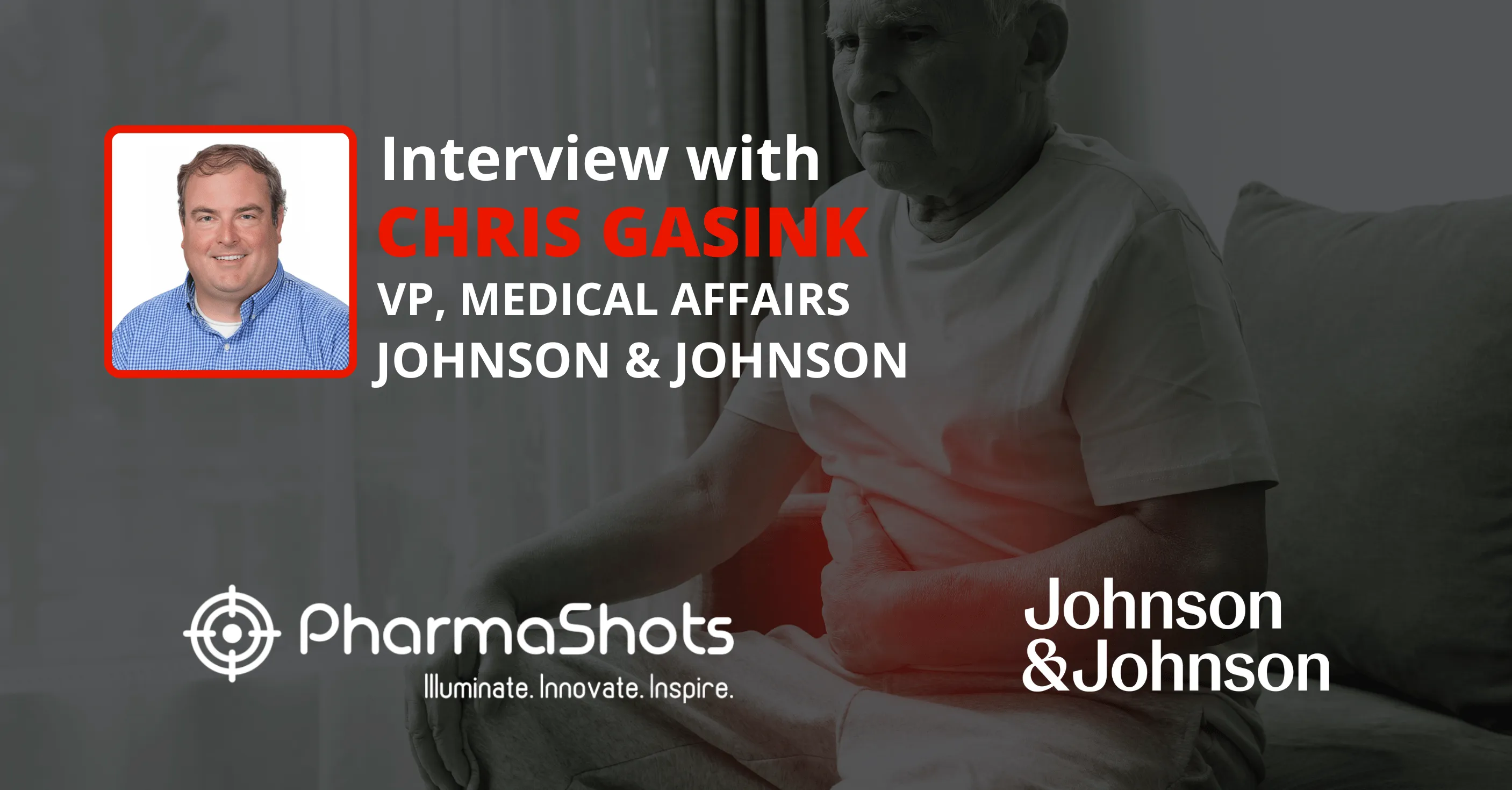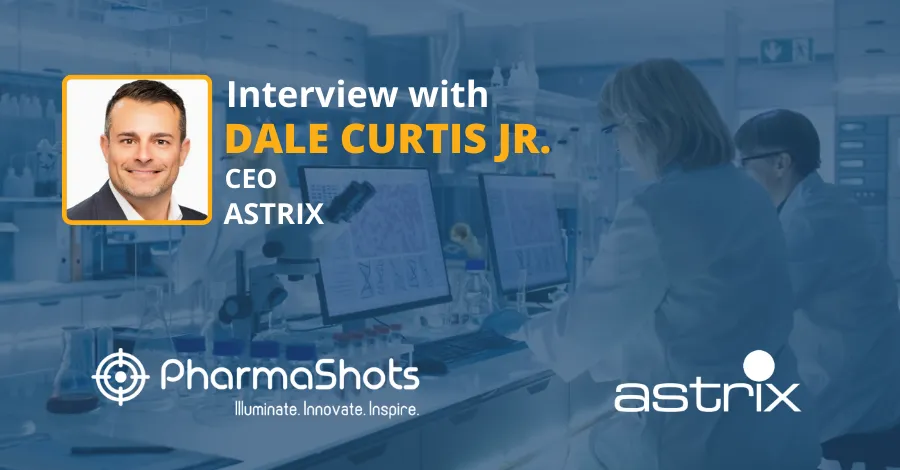
Infusing AI in Clinical Trials: Meri Beckwith from Lindus Health in Conversation with PharmaShots
Shots:
-
Meri Beckwith, Co-Founder of Lindus Health engages in a striking conversation with PharmaShots
-
Meri talks about bridging the gaps of clinical trials in CNS/Neurology by leveraging LLMs that are trained on nearly a million clinical trial protocols and simple machine learning models to monitor real-time clinical trial data
-
Meri highlights the importance of multidisciplinary collaborations in CNS/Neurology research and the innovative "CRO-in-a-Box” execution model
Saurabh: Could you elaborate on the recent breakthroughs in CNS/neurology research and how they are shaping the future of research?
Meri: We are excited about a couple of recent breakthroughs in the field of CNS/Neurology. First, the huge strides we’ve made in treating metabolic disease also have spillover effects in CNS diseases. There has been strong evidence for decades linking diseases like Depression and Alzheimer’s to metabolic diseases like type 2 diabetes. Unsurprisingly then, GLP-1 agonists have shown a lot of promise in treating broad spectrum CNS diseases like Depression in early studies, but more work is needed. Second, we’re really excited by neuromodulation approaches (including deep brain stimulation), as the process is well understood, customizable and reversible, and can be used as an adjunct alongside other treatments for conditions like Parkinson’s and OCD.
Saurabh: What types of companies is Lindus Health working with to develop new therapeutic strategies for neurological disorders? Can you speak to some of these strategies?
Meri: We primarily work with Life Science leaders developing high impact treatments for a range of conditions, including CNS and Neurology. Because we’re able to run large randomized controlled trials very quickly, our clients tend to have treatments targeting common conditions like depression, Alzheimer’s disease, and generalized anxiety disorder, where randomized controlled trials (RCTs) in these areas are looking to enroll hundreds, if not thousands of patients.
Saurabh: Can you discuss the role of AI and machine learning in enhancing our understanding of CNS/neurology research at Lindus Health?
Meri: We’re using AI in a few specific ways to help us to deliver radically faster, more reliable clinical trials in CNS and Neurology. Firstly, we use LLMs trained on nearly a million clinical trial protocols to write first drafts of documents like protocols, patient facing materials and trial plans. Secondly, we use simple machine learning models to monitor clinical trial data in real time, spotting errors or potential safety events.
Saurabh: What is the significance of multi-disciplinary collaboration in CNS/neurology research, and how does Lindus Health facilitate this?
Meri: All too often we hear about clinical trials in CNS/Neurology that are floundering due to a lack of multi-disciplinary collaboration. One of the most common cases is where the trial is scientifically very rigorous, but it is just infeasible to find participants given restrictive inclusion criteria, and it simply doesn’t gel with how participants are typically treated or go about their lives. Therefore, we find having input from clinical operations specialists, as well as patient voices is critical for ensuring success in CNS/neurology research.
Saurabh: Please tell us about how this new "CRO-in-a-Box” model will help companies cut down the cost & time for conducting clinical studies.
Meri: By ‘CRO in a box’, we mean we handle the end-to-end execution of clinical studies, including design, patient recruitment, clinical data capture, monitoring and project management. Our risk-sharing business model aligns our incentives with our clients; we always provide a fixed upfront quote, that only becomes payable as pre-agreed milestones are hit.
We’re able to design, recruit and deliver studies much faster thanks to our unique software platform, access to 30 million Electronic Health Records, and a world class clinical operation team.
Saurabh: As you mentioned, 80% of clinical trials fail due to the high cost & time-consuming procedures so, please tell us how your new model will try to mitigate the overall percentage.
Meri: In terms of speed, we use AI alongside our clinical operations team to design and start up clinical trials much faster, typically within 4-8 weeks of having a finalized study design.
We’re also able to use data from our network of 30M patients to design better clinical trials, including aspects like eligibility criteria.
Once the trial is live, we can use this patient data to proactively screen and enrol patients who meet the eligibility criteria, cutting down on the time to full enrolment.
Finally, our database automatically stores and codes all data in Study Data Tabulation Model (SDTM) format, the FDA’s gold standard format for clinical trial data submissions.
Saurabh: Can we talk about other models developed by Lindus Health and what therapy areas Lindus works with beyond neurology/ neuroscience?
Meri: Sure, we are active in several other therapeutic areas including metabolic health, reproductive health, respiratory health, and ophthalmology.
The kinds of efficiencies we’re able to find in CNS/Neurology studies also replicate to these and other disease areas; fundamentally any clinical trial with more than one study visit is a good fit for our model. If we’re able to greatly speed up recruitment by recruiting patients centrally from our patient database, that’s a bonus.
Image Source: Canva
About the Author:

Meri Beckwith
Meri Beckwith is the Co-Founder of Lindus Health, an end-to-end, full-service contract research organization running radically faster, more reliable clinical trials for life science pioneers. Beckwith was previously a venture capital investor and partner to biotech and digital health companies. He took part in the COVID-19 vaccine trial as a volunteer where he saw how trial outcomes could be improved by focusing on patient experience, ultimately leading to the formation of Lindus Health.
Related Post: Takeda at AAAAI 2024: Salomé Juethner highlights P-IV Results from ENABLE and EMPOWER Studies
Tags

Saurabh is a Senior Content Writer at PharmaShots. He is a voracious reader and follows the recent trends and innovations of life science companies diligently. His work at PharmaShots involves writing articles, editing content, and proofreading drafts. He has a knack for writing content that covers the Biotech, MedTech, Pharmaceutical, and Healthcare sectors.














